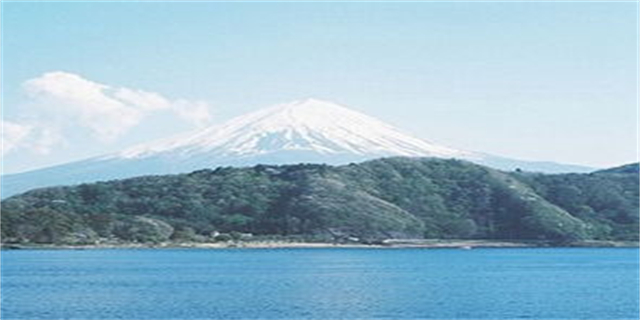海里的英文缩写符号(The Alphabet Soup of the Ocean)

The Alphabet Soup of the Ocean
Introduction
The ocean, covering over 70% of the Earth's surface, is home to a vast array of species and ecosystems. However, studying and monitoring this vast expanse of water can be a daunting task. To simplify this task, a variety of acronyms and abbreviations have been created to represent key concepts and measurements in ocean science.
Acronym Groups
1. Physical Parameters
Satellites and buoys constantly collect data on the ocean's temperature, salinity, and currents. This data is essential for understanding the ocean's role in global climate, as well as predicting weather patterns and identifying potential hazards such as tsunamis. Some of the most common acronyms used to describe these physical parameters include:
- SST: Sea Surface Temperature
- SSS: Sea Surface Salinity
- SLA: Sea Level Anomaly
- ADC: Acoustic Doppler current profiler
2. Marine Life and Habitats
Understanding the distribution and behavior of marine species and ecosystems is crucial for conservation efforts. Acronyms have been developed to represent key concepts in this field, including:

- CODAR: Coastal Ocean Dynamics Applications Radar
- CeNCOOS: Central and Northern California Ocean Observing System
- MBARI: Monterey Bay Aquarium Research Institute
- ESA: Endangered Species Act
3. Organizations and Programs
Many organizations and programs have been developed to fund and coordinate ocean research and conservation efforts. To streamline communication, acronyms are often used to represent these groups, such as:
- NOAA: National Oceanic and Atmospheric Administration
- UNEP: United Nations Environment Programme
- IOC: Intergovernmental Oceanographic Commission
- IOOS: Integrated Ocean Observing System
Conclusion
While the ocean is complex and vast, the use of acronyms and abbreviations can help simplify communication and data analysis in marine science. By understanding and utilizing these symbols, scientists and policymakers can collaborate more effectively to protect and preserve the ocean and its inhabitants.










